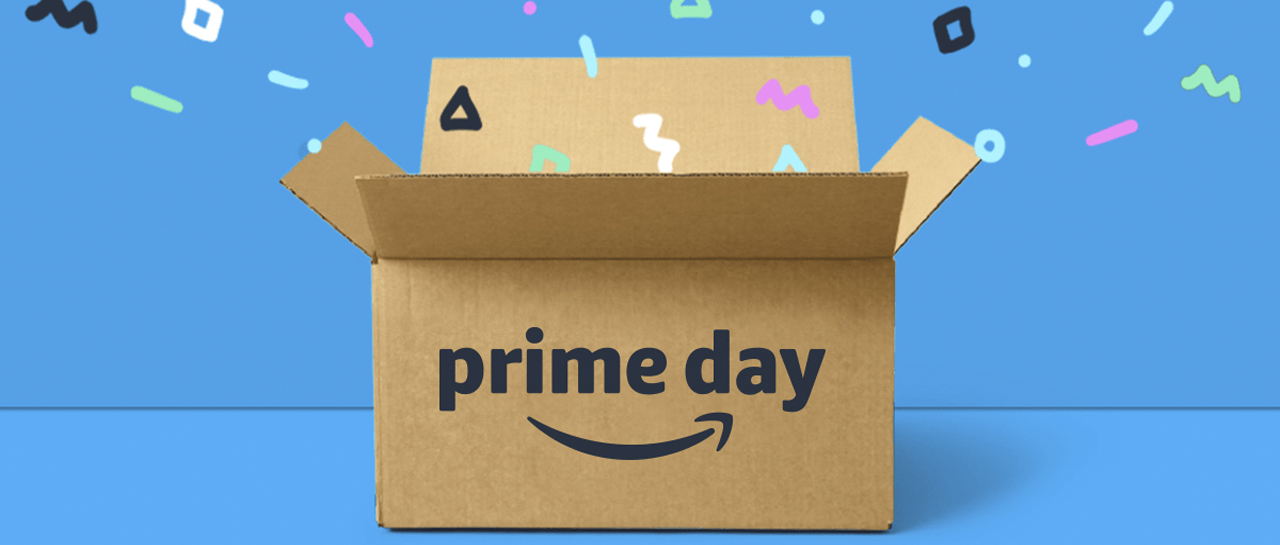It may not seem like it, but today could mark a significant turning point in the history of Facebook.
Today, Facebook has announced that it will be referring its decision to indefinitely suspend the account of former US President Donald Trump to its recently activated Oversight Board, an independent panel of experts which Facebook has established to adjudicate on the platform’s more controversial, and complex, policy decisions.
In other words, to provide an outside perspective on difficult content rulings exactly like this.
As explained by Facebook:
“We believe our decision [to suspend Trump] was necessary and right. Given its significance, we think it is important for the board to review it and reach an independent judgment on whether it should be upheld. While we await the board’s decision, Mr. Trump’s access will remain suspended indefinitely. We look forward to receiving the board’s decision – and we hope, given the clear justification for our actions on January 7, that it will uphold the choices we made.”
Facebook says that the board’s decision will be binding, no matter which way it goes, and that no one, not even CEO Mark Zuckerberg, will be able to overrule the final decision.
Which is a major step. As Facebook notes, many have raised significant concerns with the idea that tech companies in Silicon Valley now have the power to restrict the speech of elected leaders. Indeed, following the initial announcement of Facebook’s decision to suspend Trump, various world leaders, including German Chancellor Angela Merkel, voiced their opposition, noting that, whatever your personal view on Trump’s comments, lawmakers should be the ones setting the rules governing free speech, not private technology firms.
That’s been the pervading sense throughout the world – while many have agreed with the decision to restrict Trump’s access to social media, especially considering the circumstances around the Capitol riots, the fact that such power is, essentially, in the hands of a 36 year-old tech CEO is a concern.
But now it won’t be, at least in theory. As part of the Oversight Board’s review process, a panel of five board members will be assigned to review the Trump suspension case, and make a ruling on Facebook’s initial decision.
And as noted by Platformer‘s Casey Newton:
Another consideration: only one of the five board members randomly assigned to this panel is required to be American. Trump’s fate could be decided by four people from other countries
— Casey Newton (@CaseyNewton) January 21, 2021
That’s an interesting consideration, which could add another element of further detachment and independence to the verdict.
The case is a major test for the new Oversight Board, which, after more than a year of development, only just began hearing cases last month.
The contentious, and highly topical nature of this particular ruling puts a lot of pressure on the group to make a significant stand, and underline its capacity to make independent rulings. That’s a tough position to put the new group in – but as noted by Kate Klonick from St. John’s University School of Law, if Facebook opted not to refer this case to the Board, that would also send a message in itself: that Facebook “didn’t really intend to give it any hard questions”.
The board is made of independent experts, in a range of fields – people who are more than capable of reviewing the platform’s Trump call. But the decision they come to will be significant, one way or another.
If they decide to overturn Facebook’s ban, that will be a big step, and will show that Facebook is evolving its approach. But if the Board ends up supporting Facebook’s initial call, that could also be seen as compliance, and aligning with Facebook, which could increase skepticism around the independence of the Board process.
Either way, it will be interesting to see what decision the Board makes, and what that means for Facebook moving forward.
Maybe, we’re now moving into the next stage for social platforms, where independent checks like this are necessary to align with community expectation.
It’s not official regulation, assigned by a Government-enforcement body, but it’s a step in that direction. And that could be the right step, and a key element, for all platforms, moving forward.













